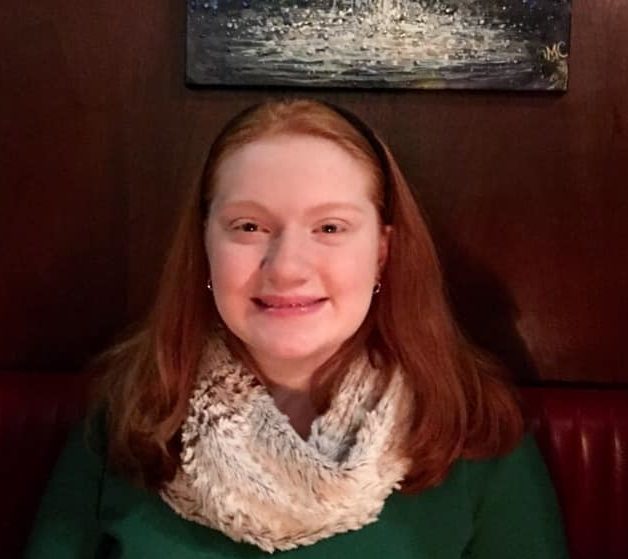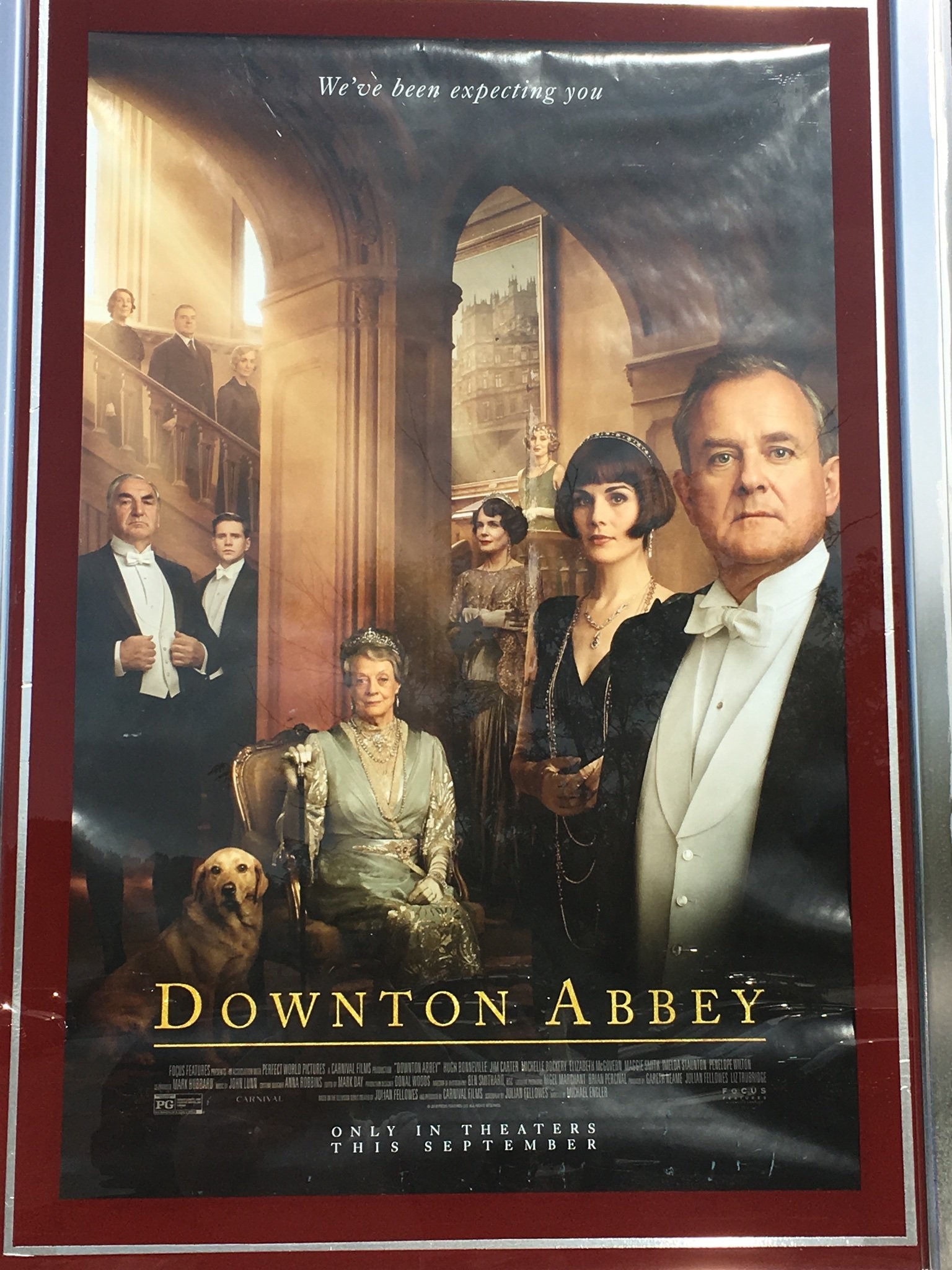The hit PBS television series, Downton Abbey, has now hit the big screen! On Friday, September 20, the movie released in the US. Over the first weekend, it raked in 31 million dollars. And for the millions of expecting fans, the long-awaited movie sure delivered after the end of the TV series in 2015.
“People either get interested in the characters or don’t…And I think somehow, we must’ve kinda got the list of characters right, and the right actors to play them, another important, very important part. And we did have a terrific cast. But in the end, it’s that sort of artificial pretend relationship between you and these fictional people that is the reason that you watch,” said Julian Fellowes, Lord of West Stafford, and creator of the Downton Abbey series.
Downton Abbey (the movie) takes place in 1927, in a small fictional town of Downton in Yorkshire County, England, focusing on the life of the inhabitants in the Abbey, between the life of the Lord Grantham and his family, and the lives of the many servants who keep the big estate running properly. When a letter comes in the post, it turns everything upside down. Everyone, both gentry and servants, work together to keep the reputation of their home.
Fellowes states that he has been working on writing this movie for 10 years. Fellowes, in a recent interview with Amanpour and Company, said that “I use[d] the royal visit that will tie them all together, the family, the servants, the people living locally, all of it. Pull them all together in one central storyline. We didn’t do that in the series. You know, we had upstairs, where Mary’s heart would be breaking when she was trying out some new boyfriend. And downstairs, Daisy would be going out and buying a suitcase. You know, they didn’t really connect. But I felt it was important to give the film a kind of unity, and so that all subplots of which is the Downton way, there are plenty, would all come off this central theme. And it seemed to me that a royal visit would do that.”
If you happen to be a fan of the series, you will notice many returning characters, such as the Crawley family, Mr. Carson and the rest of the ‘downstairs’ staff. And, of course, everyone’s favorite comedic duo, Violent Crawley and Isobel Merton, played by veteran British thespians Maggie Smith and Penelope Wilton, still have their iconic antics together.
I approached the movie with little background knowledge of the series, believing the movie would be hard to understand. But, when actually seeing the movie, it was clear that it producers made the movie with the intent of anyone to be able to watch and understand.
Now, before you think that the movie is going to be boring due to it being a historical based film, just wait. Downton Abbey covers many themes which are present in modern times, and Fellowes said “Their society was changing radically, through the role of women and organised labor, simple things, transport, you know…everything was changing, but nevertheless, because they went on living.” The movie shows the struggle of what life is like in early nineteenth-century Britain for the LGBT+ community. As fans may know, Thomas Barrow, the current butler of the abbey, grapples with keeping his sexuality a secret in a time when being homosexual was illegal in Britain.
“Every period had certain things that we would find difficult to accept, but they [the period] accepted them. And we will later, our grandchildren will look back at our own time and will not understand why we accept certain elements of our way of living…I think it’s rather feeble to point at all earlier periods of history and say they were terrible and ours is marvelous. The fact is, all eras have their weaknesses, their strengths, their moral blindness, if you like, in certain areas of their culture,” said Fellowes.
I happen to really enjoy the experience this movie gave me of glimpsing into the past. It offers a perspective on what life was like for the people living in an era of significant change in Great Britain as the post-Edwardian period dissolved into the critical years between the two world wars. Social attitudes on labor, women’s rights and British aristocracy were rapidly changing and the advent of future crises was certain to change them even further.

Hi! My name is Alexis Taylor, and I’m a staff writer for The Mycenaean. I am also a volunteer video editor for my church. I love older music, TV shows, and movies!

Leave a Reply